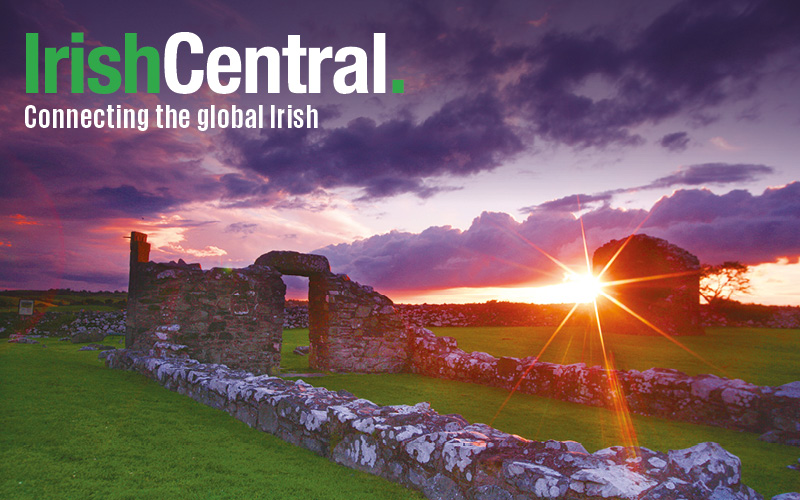The latest religious news this week is that, according to a survey conducted by the Pew Forum on Religion and Public Life, non-religious Americans know more about religion in general than self-identified Christians. Even when corrections were made for disparities in intelligence and education levels, the statistics still bear out. (You can test your own knowledge, or just check out the questions, here. I got all the answers correct, but only because I had read about some of the questions in various news reports. I would probably have gotten 2 wrong if I hadn't.)
Last Sunday, CNN aired a special segment called "What the Pope Knew," an investigative special on the extent to which Pope Benedict knew about sexually abusive priests when he was a cardinal. It reveals that then Cardinal Ratzinger had specific knowledge of at least one pedophile priest and wrote a letter explaining that the Church could not defrock him without his consent. In other words, it was largely ignored.
John W. Kennedy, who writes the "Catholics, Media & Culture" column for Beliefnet, addressed the CNN program, writing that it was a solid piece of journalism and unfortunately revealed grave errors on the part of the Church. He also writes of how we can move forward from such revelations:
While I agree with Kennedy's above statement, I think that we're missing some crucial elements that can make this kind of healing happen, and those gaps are revealed by the Pew survey.
Catholics - myself included - don't know enough about our own religion. The problem with the Pope's actions in regard to predatory criminal men serving in the priesthood is firstly one of his own morality and conscience and secondly one of Church doctrine, which he was, at the time, following.
If the general Catholic population struggles to identify which Biblical figure was asked by God to sacrifice his son (and it's multiple choice) or even to name the holy book of Islam (because a basic understanding of other world religions is imperative to understanding our own), clearly we're not up on complicated Church doctrine. And if the flock doesn't know what's governing the decisions of its leaders, how can we ever have a dialogue about meaningful change?
It's easy for bloggers (ahem) and lay people to say, injustice should not happen in our Church. And it shouldn't. Moral courage should have trumped Church dogma in every single case of child abuse that the Church came across. But it would be easier to eradicate this problem if there weren't doctrinal obstacles in place, and while the average Catholic can't technically initiate these changes, we can write letters and mount campaigns and talk to our priests and bishops and cardinals about changes that might be made.
Next week I'll be writing about a piece of Catholic history or doctrine that I didn't know about before and that I think is important for every Catholic to know. I invite readers to leave suggestions in the comments. Let's get smarter together, shall we?
Last Sunday, CNN aired a special segment called "What the Pope Knew," an investigative special on the extent to which Pope Benedict knew about sexually abusive priests when he was a cardinal. It reveals that then Cardinal Ratzinger had specific knowledge of at least one pedophile priest and wrote a letter explaining that the Church could not defrock him without his consent. In other words, it was largely ignored.
John W. Kennedy, who writes the "Catholics, Media & Culture" column for Beliefnet, addressed the CNN program, writing that it was a solid piece of journalism and unfortunately revealed grave errors on the part of the Church. He also writes of how we can move forward from such revelations:
"Balance requires a willingness to admit and truly come to grips with what happened (so healing can begin and necessary reforms can be made) as well a realization that the Church stands for something that is good and solid and beyond the failings of even its leaders -- and that is the love and forgiveness offered to the world through Jesus Christ."
While I agree with Kennedy's above statement, I think that we're missing some crucial elements that can make this kind of healing happen, and those gaps are revealed by the Pew survey.
Catholics - myself included - don't know enough about our own religion. The problem with the Pope's actions in regard to predatory criminal men serving in the priesthood is firstly one of his own morality and conscience and secondly one of Church doctrine, which he was, at the time, following.
If the general Catholic population struggles to identify which Biblical figure was asked by God to sacrifice his son (and it's multiple choice) or even to name the holy book of Islam (because a basic understanding of other world religions is imperative to understanding our own), clearly we're not up on complicated Church doctrine. And if the flock doesn't know what's governing the decisions of its leaders, how can we ever have a dialogue about meaningful change?
It's easy for bloggers (ahem) and lay people to say, injustice should not happen in our Church. And it shouldn't. Moral courage should have trumped Church dogma in every single case of child abuse that the Church came across. But it would be easier to eradicate this problem if there weren't doctrinal obstacles in place, and while the average Catholic can't technically initiate these changes, we can write letters and mount campaigns and talk to our priests and bishops and cardinals about changes that might be made.
Next week I'll be writing about a piece of Catholic history or doctrine that I didn't know about before and that I think is important for every Catholic to know. I invite readers to leave suggestions in the comments. Let's get smarter together, shall we?




Comments